
Patients with KRAS G12C–mutated non–small cell lung cancer can now receive adagrasib therapy following the treatment’s recent accelerated approval by the FDA.

Your AI-Trained Oncology Knowledge Connection!


Patients with KRAS G12C–mutated non–small cell lung cancer can now receive adagrasib therapy following the treatment’s recent accelerated approval by the FDA.

Mosunetuzumab produced durable responses with a tolerable toxicity profile in patients with relapsed/refractory follicular lymphoma, according to an updated analysis of the phase 2 GO29781 study.

The final analysis from the phase 2 DREAMM-2 study found continued efficacy in patients who had relapsed/refractory multiple myeloma.
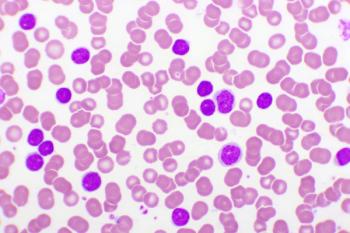
The average time to next treatment among patients with chronic lymphocytic leukemia occurred faster in those treated with acalabrutinib vs ibrutinib.
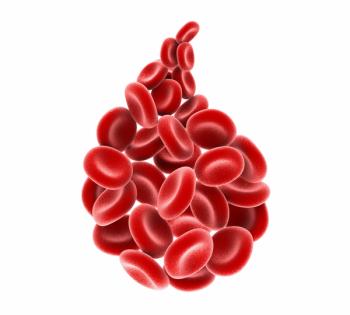
A triple-class exposed population of patients diagnosed with relapsed or refractory multiple myeloma experienced progression-free survival benefit following treatment with belantamab mafodotin with pomalidomide and dexamethasone.

Findings from the final analysis phase 3 SINTRA-REV trial indicated that lenalidomide lowered the risk of transfusion dependency when administered at a low dose in patients with myelodysplastic syndrome.

The phase 2 ELARA trial indicated continued durable responses when patients with relapsed/refractory follicular lymphoma were treated with tisagenlecleucel.

A quadruplet regimen with daratumumab as its base was found to improve health related quality of life in patients with transplant-eligible, newly diagnosed multiple myeloma.

Efficacy and safety findings were positive in the phase 1/2 CC-92480-MM-001 trial when mezigdomide was added to dexamethasone in patients with heavily pretreated multiple myeloma.

Ziolvertamab and Ibrutinib combination therapy demonstrated an overall response rate of 89.3% and 91.2% in patients with mantle cell lymphoma and chronic lymphocytic leukemia, respectively.
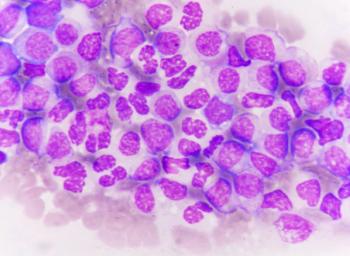
Magrolimab in combination with azacitidine and venetoclax was well tolerated and yielded promising responses among patients with high-risk acute myeloid leukemia regardless of TP53 mutation status.

Rapcabtagene autoleucel, a novel CAR T-cell therapy, was promisingly effective and tolerable in patients with relapsed/refractory diffuse large B-cell lymphoma, according to findings from a phase 1 dose-escalation study.
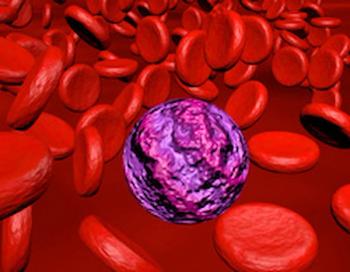
Among patients with paroxysmal nocturnal hemoglobinuria, crovalimab yielded stable rates of hemolysis control and transfusion avoidance in the phase 3 COMMODORE trial.

Treatment with ibermodide on its own or with anti-CD20 antibodies was well tolerated and demonstrated encouraging responses among patients with relapsed or refractory lymphoma.
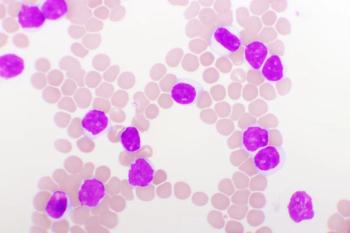
Ziftomenib monotherapy showed pronounced antileukemic activity and a tolerable toxicity profile in pretreated patients with relapsed/refractory acute myeloid leukemia.

The BTK inhibitor pirtobrutinib demonstrated high response rates in pretreated patients with Waldenström macroglobulinemia, according to recent data.

Patients with previously untreated Waldenström Macroglobulinemia—a rare form of blood cancer—derived fast and durable responses after receiving treatment with ibrutinib plus venetoclax, according to findings from a prospective phase 2 trial presented at 2022 ASH Annual Meeting.

Two-year follow-up data from the MAGNOLIA trial showed that zanubrutinib continues to elicit responses in patients with relapsed/refractory marginal zone lymphoma.

The findings, according to the lead study author, demonstrate that treatment with forimtamig delivered intravenously or subcutaneously may elicit long-term responses in patients with relapsed or refractory multiple myeloma.

The 5-year follow-up of the phase 3 AUGMENT trial produced enhanced progression-free survival when lenalidomide plus rituximab was used to treat patients with relapsed/refractory indolent non-Hodgkin lymphoma.

Patients with penta-or triple-class refractory multiple myeloma who have not received prior B-cell maturation antigen therapy saw an improved objective response rate when elranatamab was given.

Patients with BCR-ABL1 T315I-mutant chronic myeloid leukemia, chronic phase, or acute phase who are resistant to tyrosine kinase inhibitors were found to show a clinical benefit with olvermbatinib.

A potential efficacy benefit has been observed with lintuzumab-Ac225 plus salvage therapy for patients with relapsed/refractory acute myeloid leukemia.

Findings from the phase 1b MajesTEC-2 trial indicated that teclistamab in combination with daratumumab and lenalidomide demonstrated potential for deep and durable responses in relapsed or refractory multiple myeloma.

The phase 3 ASAP trial found the use of watchful waiting followed by sequential conditioning prior to allogeneic hematopoietic cell transplantation found a similar survival benefit in patients with relapsed/refractory acute myeloid leukemia.

The use of two separate recommended phase 2 doses of talquetamab was associated with high response rates in patients with heavily pre-treated relapsed/refractory multiple myeloma, according to updated trial findings presented at 2022 American Society of Hematology Annual Meeting.

The use of a fixed-duration regimen of glofitamab several days after pretreatment with obinutuzumab was associated with high complete responses among a group of heavily pretreated patients with relapsed or refractory mantle cell lymphoma.

Patients with HER2-positive metastatic breast cancer experienced promising preliminary safety and efficacy with trastuzumab deruxtecan alone and in combination with pertuzumab.
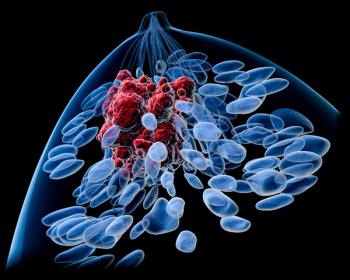
Improvements in survival were observed in patients with pretreated, endocrine-resistant hormone receptor–positive, HER2-negative metastatic breast cancer who were treated with sacituzumab govitecan vs physician’s choice.

Adults and children with unresectable or metastatic alveolar soft part sarcoma—one of the rarest types of sarcoma—can now receive treatment with atezolizumab, which was given the nod of approval by the FDA.